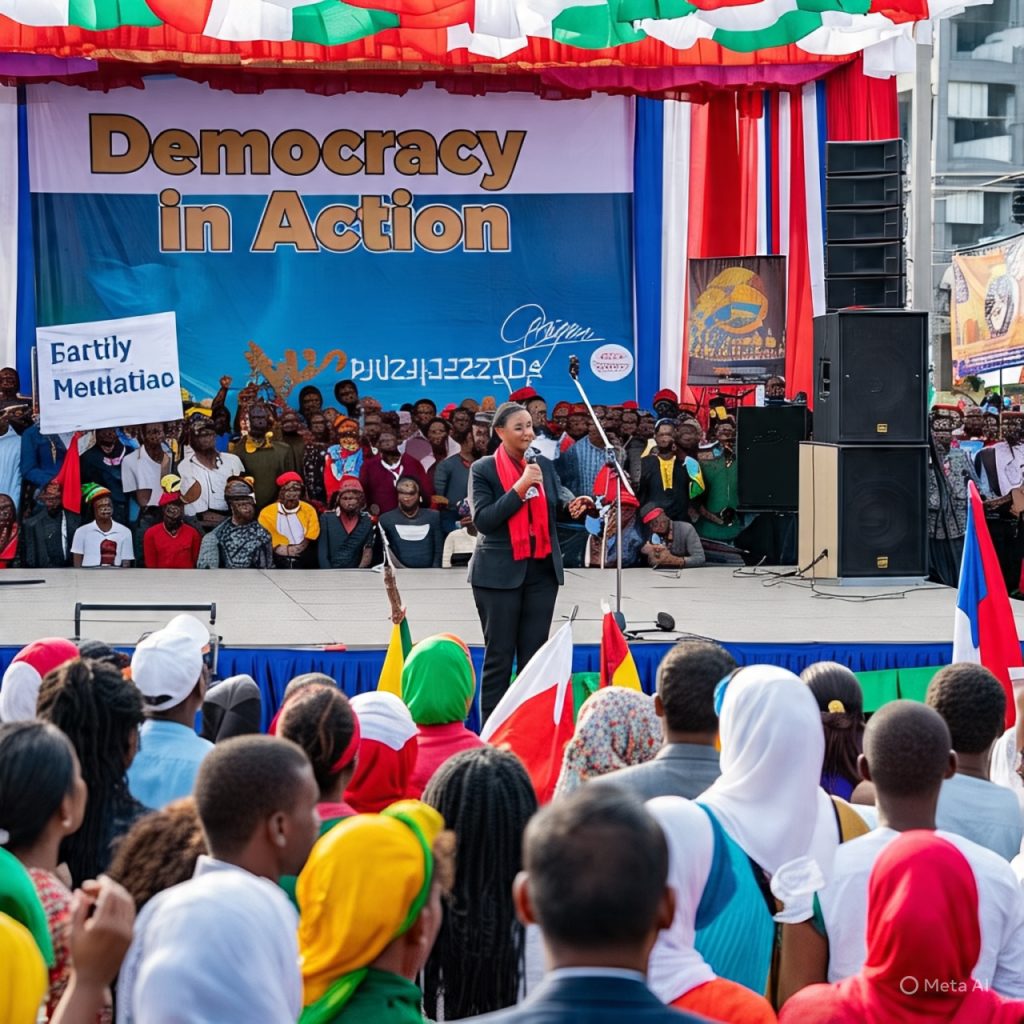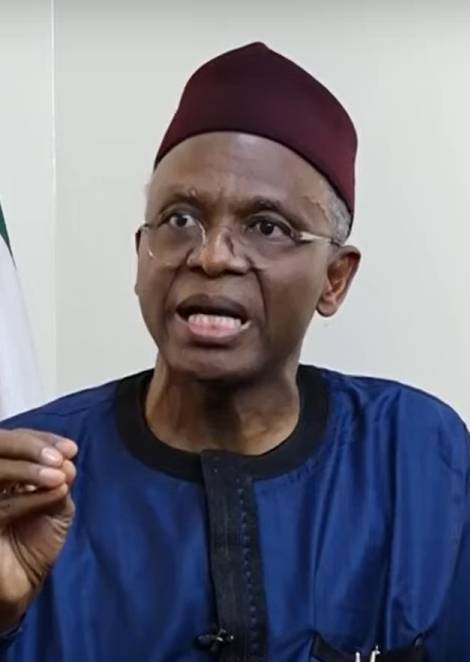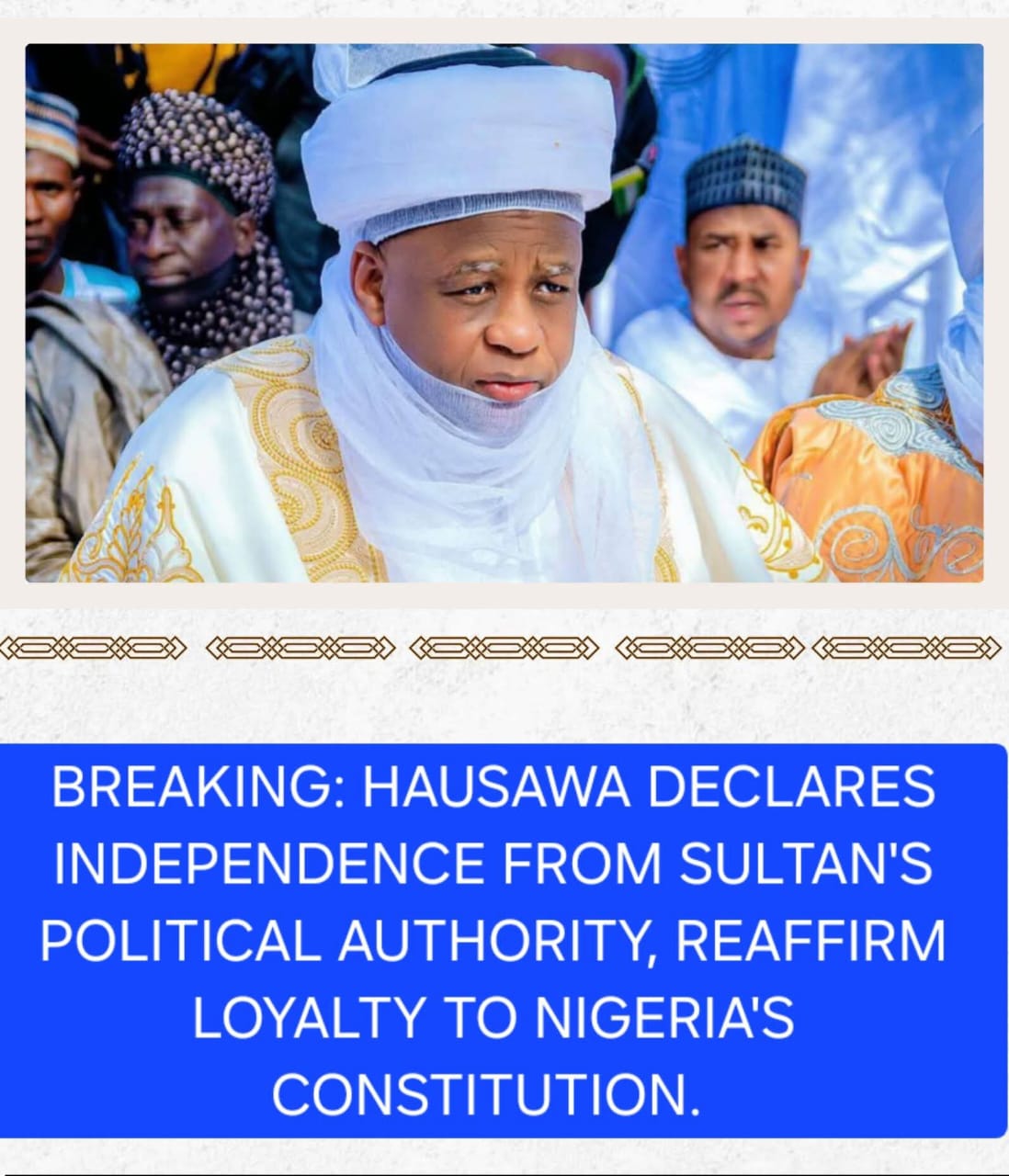Nigeria’s Democratic Journey of Unfulfilled Potentials

Reflecting on Nigeria’s Democratic Journey of Resilience and Unfulfilled Potential
By Baba Isimi
On June 12, Nigeria commemorated Democracy Day. It reminded us of Nigeria’s tumultuous yet enduring journey into self-governance. From independence to the present, our nation has navigated a path riddled with challenges: the collapse of the First Republic, a prolonged military interregnum, a devastating civil war (1967–1970), successive coups and counter-coups, economic instability, and persistent threats to democratic governance. Yet, our ability to sustain democracy, despite these trials, stands as a testament to our resilience and unwavering commitment to the rule of law.
Progress and Unmet Potential
Over the decades, Nigeria has recorded mixed achievements in critical areas of development – quality of life, infrastructure, governance, education, and other indices that define the Human Development Index. However, we have failed to fully harness our vast human and natural resources for the collective good. A glaring deficiency lies in our inability to effectively mobilize our human capital towards national progress.
The Missing Link: National Consciousness and Mobilization
One of Nigeria’s most significant failures is the lack of a unified national consciousness. The citizenry remains insufficiently indoctrinated into a shared vision of development, resulting in a disjointed society where individual and collective potential remains untapped. Recognizing this, the Ibrahim Babangida administration established MAMSER (Mass Mobilization for Self-Reliance, Social Justice, and Economic Recovery), later rebranded as the National Orientation Agency (NOA). This initiative sought to foster patriotism, civic responsibility, and a developmental mindset among Nigerians.
The Imperative of Attitudinal Reawakening
Beyond institutional frameworks, there is an urgent need for a fundamental attitudinal reawakening in Nigeria – a revival of core ethical values, patriotic reorientation, and the rebuilding of our national ethos and creed. We must cultivate a society where integrity, hard work, and meritocracy are celebrated, where competence and ingenuity determine success rather than connections or privilege.
A truly inclusive nation is one where every citizen is valued based on justice, equity, and access to opportunities. We must reject a system that rewards mediocrity and instead build a merit-driven society where diligence, innovation, and capability are cherished and rewarded. Only then can we unlock the full potential of our people and foster a culture of excellence.
Why Mobilization Matters More Than Infrastructure
National mobilization and consciousness-building are foundational to sustainable development; even more critical than physical infrastructure. A nation may boast world-class roads, institutions, and facilities, but without a citizenry that is mentally reoriented towards excellence, discipline, and collective progress, such infrastructure becomes meaningless. It is akin to housing pigs in a luxury condominium with gold faucets; sooner or later, the condo will be ruined.
The Way Forward: Bridging the Gap in Citizen Orientation
For Nigeria to realize its full potential, we must urgently address this gap in civic orientation. The key to unlocking development lies in deliberate, structured efforts to reorient the minds of Nigerians; instilling values of accountability, productivity, and patriotism. Only when citizens are mobilized towards individual and collective actualization can we truly build a nation that reflects our hopes and dreams.
As we mark Democracy Day, let us reflect not only on how far we have come but also on the critical steps needed to secure a brighter future. The time to act is now. We must rebuild our national character, restore faith in meritocracy, and ensure that justice and opportunity are accessible top all. Only then can Nigeria rise to its rightful place among great nations.









